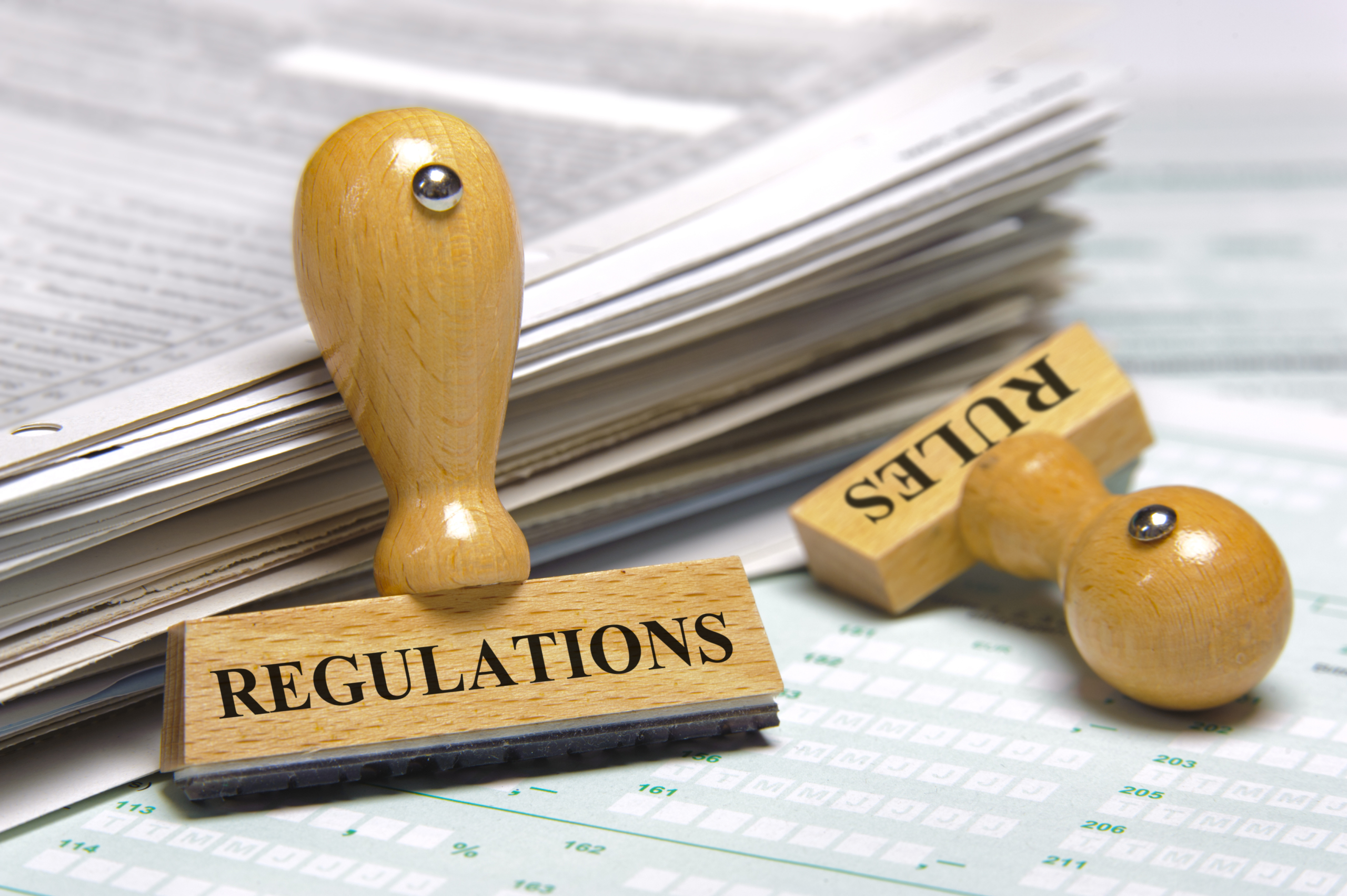Most people who apply for Social Security Disability (SSD) benefits will be denied on their initial application. However, receiving an initial denial is not the end of the road for people in need of disability benefits. Applicants can appeal the Social Security Administration’s denials of their applications in hopes of ultimately receiving benefits.
While the appeals process can provide denied applicants with another chance, the appeals process can be lengthy. It takes getting through two levels of the appeals process before an applicant can get a hearing in front of an administrative law judge (ALJ). Sometimes it can take up to a year or more to receive a hearing date.
Applicants waiting for their day in court before an ALJ can be prepared for their appeals by following these five tips.
Gather updated medical records
Having up-to-date medical evidence at your hearing is one of the most important things a disability applicant can do to prepare for an appeal. It is crucial that you have all of your most recent medical records so that a gap does not exist in your documentation.
It is important for applicants to collect updated medical records because generally the SSA will not gather additional records on your behalf before your hearing. While a disability examiner will obtain recent medical records when he or she first evaluates your claim, the development of your case typically stops when the appeal process begins.
As a result, your file could sit unchanged until the point an ALJ reviews your records at the hearing stage. If you have not gathered updated medical records, the information in your file may not be current enough for an ALJ to grant you disability benefits.
Get statement from your doctors
A very useful piece of medical evidence for your appeal is your doctor’s opinion. Ask your doctor, who has treated you in the past, to provide a supportive statement for your application. Having a detailed letter from your doctor that clearly explains how your disability affects you and your limitations can make a significant impact on your case.
Document your medical condition
Keeping a diary of your symptoms and limitations can be very helpful in the appeals process. This is because the success of your case will depend in part on how well you testify regarding your disability. While you may remember the limitations you experience in your daily routine, it may be harder for you to recall detailed facts about the variety of symptoms you have experienced over time. Having this record to review will improve the quality and accuracy of your testimony.
Review your case file
Before you go to your appeal hearing, you are allowed to request your entire case file from the SSA. Take the time to review your file to see if there are any missing medical records or if you notice any mistakes in the reasoning behind why the disability examiner initially denied your claim. Reviewing your case file will also help you develop arguments about why you think the examiner was wrong to deny you benefits.
Consider hiring an experienced disability attorney
While you are not required to hire an attorney to help you during the appeals process, working with an experienced disability attorney greatly improves your chances of winning benefits. In fact, statistics show that applicants who are represented by attorneys at the hearing level are two times more likely to be approved for disability benefits than unrepresented applicants.








